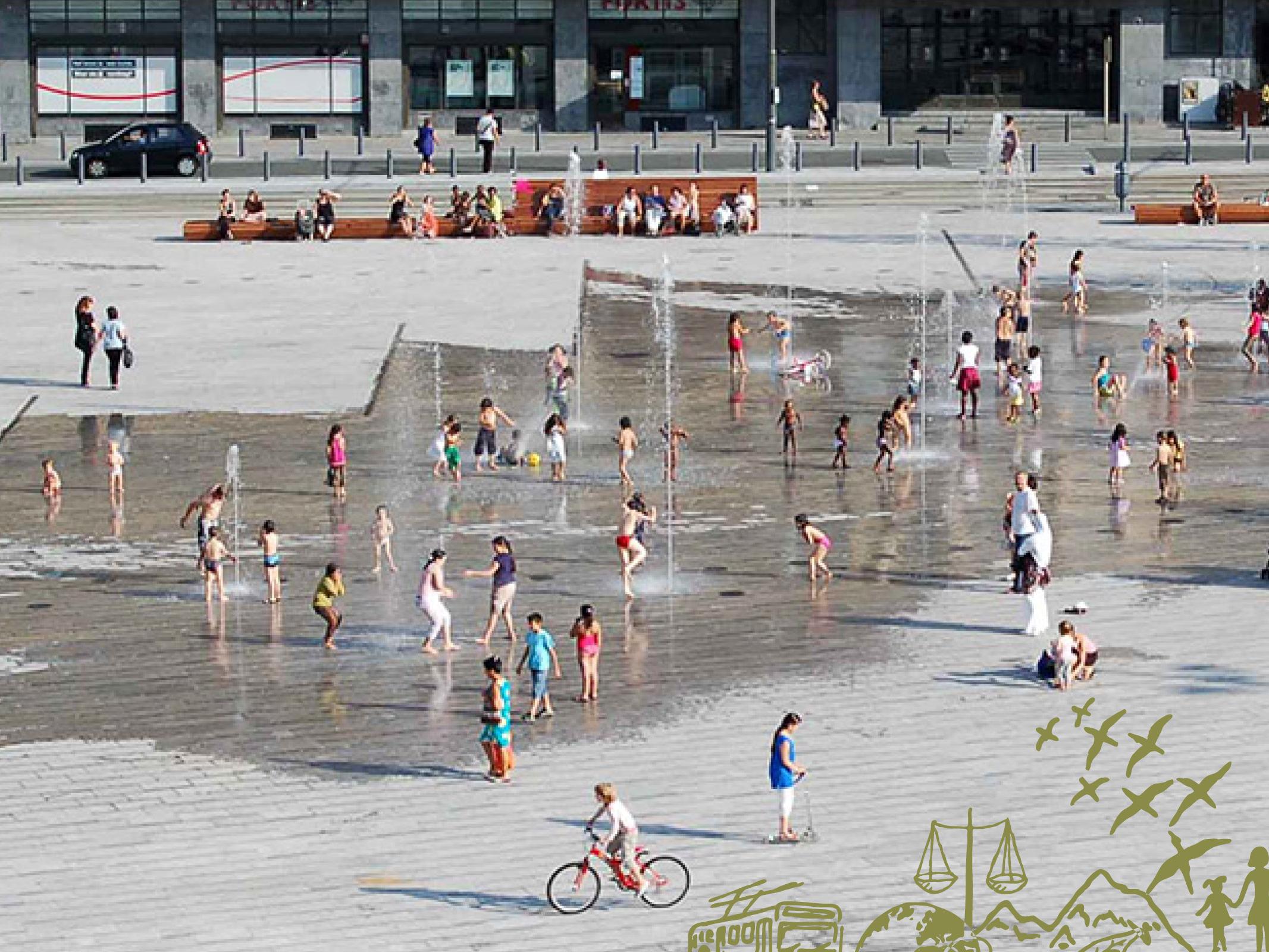English Français
Public Space Observatory: Campaigning for better designed, used, and managed public spaces
Patricia Aelbrecht (Cardiff University), one of the co-founders and directors of the Public Space Observatory Research Centre (PSO), will talk about two of the PSO projects: The ‘Public Space Toolkit for Wales’, and the project ‘Urban Design and Spaces for Encounter’.

In 2019, a group of academics came together to establish Public Space Observatory Research Centre (PSO) in Cardiff University a knowledge exchange platform in public space research, practice and policy. The PSO’s mission is to bring together local, national and international academics, practitioners and policymakers engaged with the provision, design, management and use of public space. Its primary aim is to build new partnerships and collaborations, share resources, promote knowledge exchange, empower local communities through education, training and capacity building, and advance cutting-edge knowledge in public space design, management and use theories, practices, and policies. In this lecture, Patricia Aelbrecht, one of the co-founders and directors, will talk about two of the PSO projects: The ‘Public Space Toolkit for Wales’, a piece of national public realm design guidance which aims to help Welsh local authorities to implement the Welsh placemaking agenda and improve the public realm of Welsh cities and town centers, and a project ‘Urban Design and Spaces for Encounter’ and a partnership with the Greater London Authority, Urban Design Group, and Tibbalds Planning and Urban Design which investigates the role of public spaces and their urban design in promoting cross-cultural encounters and experiences of social cohesion, with a view to inform current European social cohesion and integration agendas.
Contact: hannah.widmer@unil.ch
This presentation is organised by the OUVEMA, the Institute of Geography and Sustainability (collectif Mondes urbains), and the Association suisse de géographie (groupe thématique mobilité).
OUVEMA